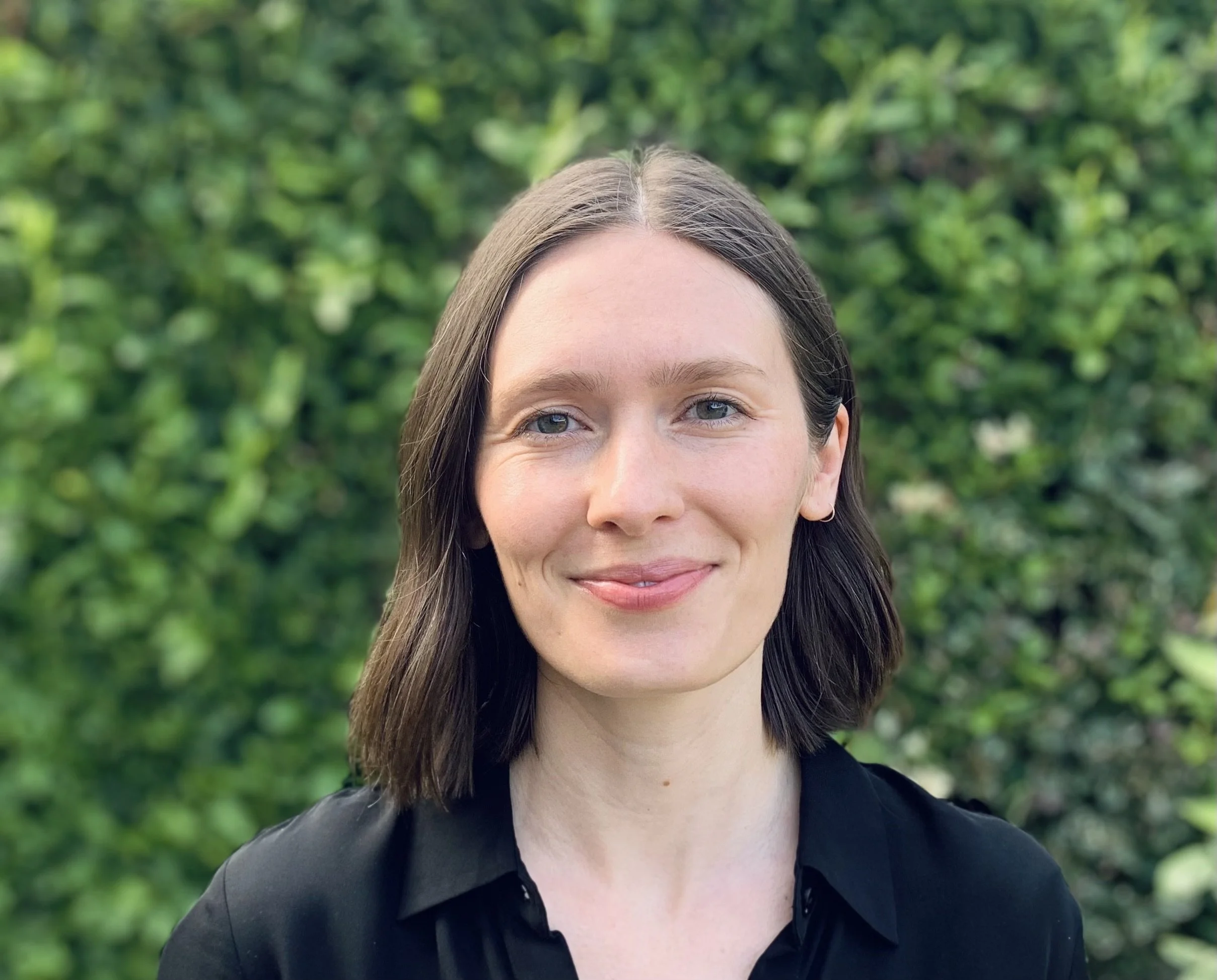Dr. Mohler received her B.A. from Occidental College in Critical Theory and Social Justice and her M.A. and Ph.D. in Clinical Psychology from Duquesne University, which specializes in a human science, philosophical, and depth-oriented approach to understanding suffering and healing. Dr. Mohler completed her predoctoral internship and post-doctoral residency at the West Los Angeles VA where she worked in the Integrative Health and Healing Clinic and received training in mindfulness-based interventions and integrative health. Additionally, she has trained within community-based clinics, hospital settings, and university counseling centers.
As a clinician, Dr. Mohler draws from her undergraduate and graduate training in the humanities and clinical training in various evidence-based treatments. The foundation of her approach is relationally psychodynamic and integrative — in addition to using the therapeutic relationship as a tool, she also weaves in other perspectives, such as mindfulness and self-compassion interventions, somatic interventions, parts work, and ACT to create a therapy that fits each person best. Additionally, Dr. Mohler is trained in exposure-based treatments (Prolonged Exposure, Written Exposure Therapy, and Exposure and Response Prevention).
Dr. Mohler has worked with people of various racial, ethnic, gender, sexual, socio-economic, and religious identities and has a strong commitment to bringing cultural humility to her work. Within therapy, she believes it is critical to acknowledge the impact that systems of power and oppression have on the well-being of people and communities.
Dr. Mohler specializes in working with adults and couples with concerns related to complex trauma, PTSD, anxiety, depression, OCD, grief, life transitions, chronic health challenges, relationship stress, family of origin trauma or estrangement, and issues related to sexual and gender identity. Dr. Mohler is also a climate-aware therapist and member of the Climate Psychology Alliance North America, an organization that focuses on the psychological impacts of the climate crisis.
More about Dr. Mohler can be found on Psychology Today
